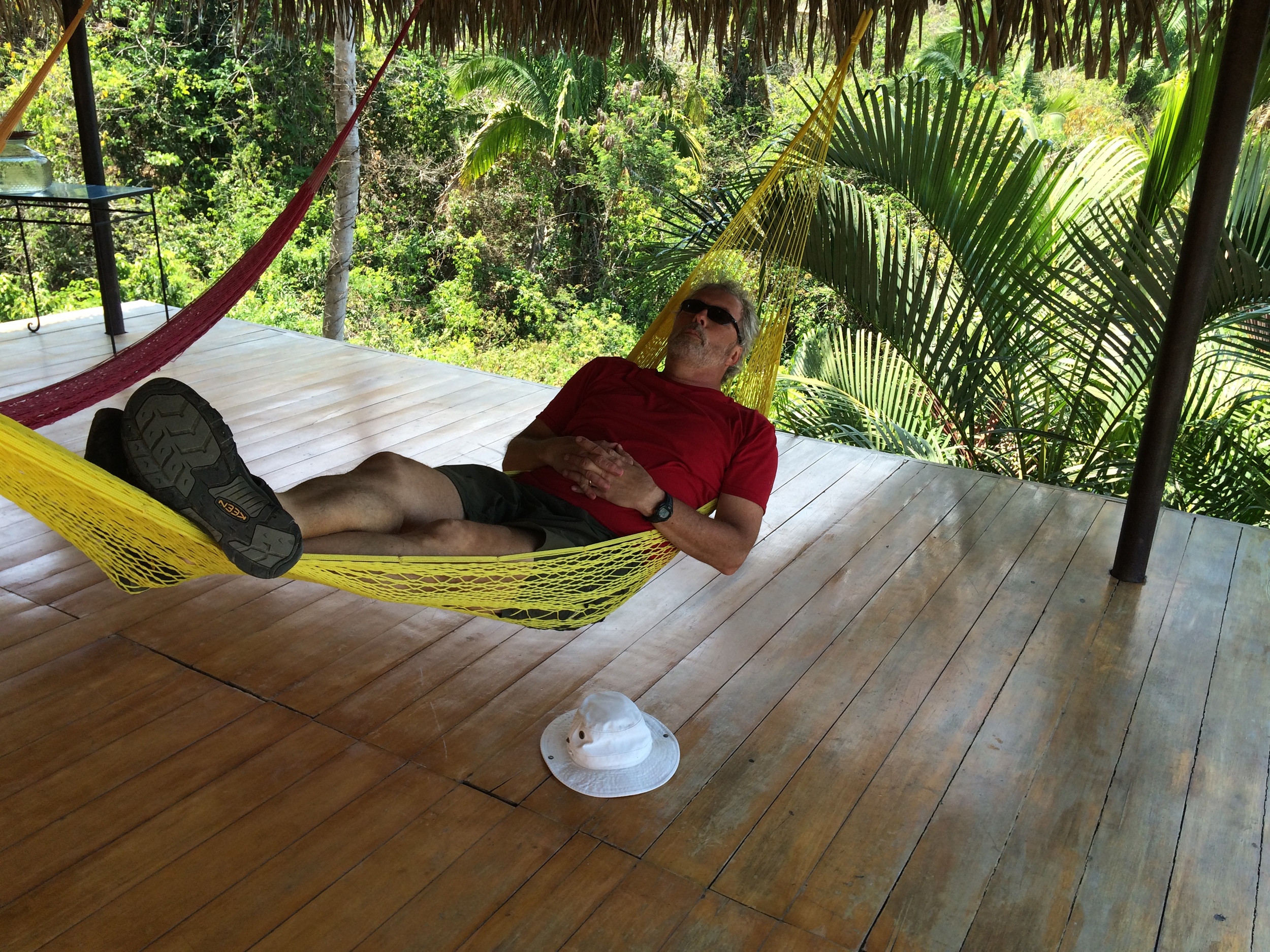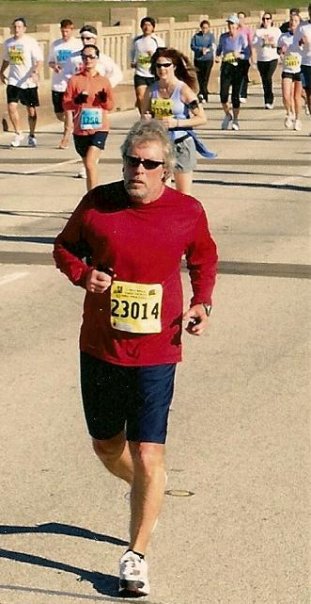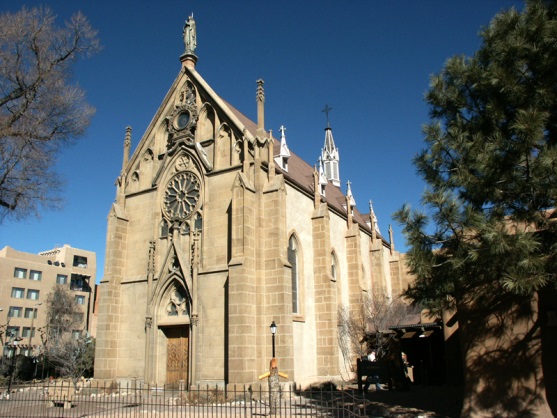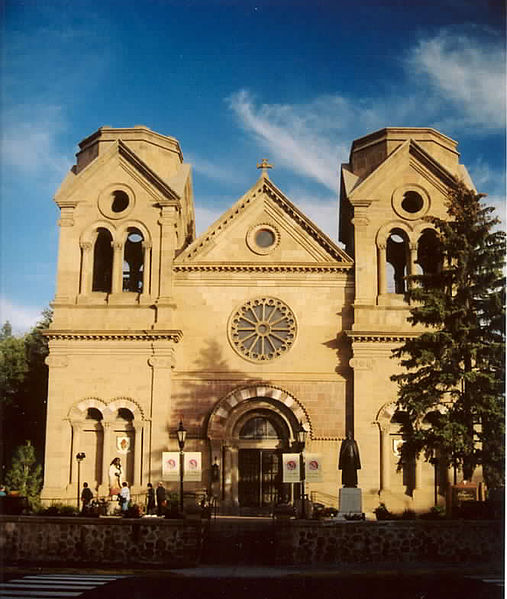Eliminating Hurry
/Why is it so easy to get too busy? Too busy working and teaching and writing and leading and serving and giving - all important and necessary things - that we never relax? Why would anyone live like that?
Well, speaking for myself, doing lots of stuff all day every day is good for my ego. It’s fulfilling to be a part of so many good things, and being needed by everyone feels nice.
Also, staying busy removes the pressure to do those chores around the home that make it a nice place to live. If I’m busy doing important things I can explain away my slovenly homemaking: “Yeah, my yard is a mess, but it’s because I have been so busy at the church.” Who can challenge that? Staying busy is the best excuse.
My friend Gary Barkalow once said that if we want to follow God, if we want to be able to respond when He calls on our heart, then we have to leave margin in our life. We have to deliberately leave slack in our schedule and empty space on our calendar. Otherwise, we’re too busy to do what He asks - but more importantly – we’re too busy to listen to Him.
 The reason I’m writing about this is because I recently finished reading a book by John Ortberg titled, Soul Keeping. He described a conversation with his friend and mentor, Dallas Willard, in which Ortberg asked how a busy pastor like himself could stay spiritually healthy. Willard told him, “You must ruthlessly eliminate hurry from your life.”
The reason I’m writing about this is because I recently finished reading a book by John Ortberg titled, Soul Keeping. He described a conversation with his friend and mentor, Dallas Willard, in which Ortberg asked how a busy pastor like himself could stay spiritually healthy. Willard told him, “You must ruthlessly eliminate hurry from your life.”
Not only was that not the advice Ortberg expected to get, it was advice that seemed impossible to follow.
To slow down our life, to eliminate hurry, means we have to turn down some things that we are good at, things everyone else expects us to do. It might mean eliminating something we once chose to do.
I went through this process myself about six years ago without really knowing why it was important. When my twelve years of city government service ended in December 2007, I started paring down many of my obligations. I quite some organizations that had been an important part of my life for a long time. In fact, I left a civic organization that I had helped found and served as president. I don’t know why I was so determined to pare down my schedule except that it seemed I needed a reboot.
As it turned out, had I not done all that, I would never have finished writing my first book, much less two more books after that. I would not have had time to engage in Journey Groups, a discovery and mentoring ministry that has greatly benefited me and lots of other men. I would not have had the energy to devote to teaching in Compass and Iron Men and Axis classes.
My reboot worked. I was spiritually and emotionally healthier, but at the time if felt a little like I was bailing out on people. It felt self-indulgent and irresponsible. And yet, I knew it was important. I still don’t know what prompted me, but it seemed critical at the time.
In the past six years I’ve been better at not scheduling my life to the edges like I used to do. I’ve learned to leave margin in my life.
But still, that was six years ago, and the magnetic pull of busyness is relentless. So when I read Dallas Willard’s advice today I have to reevaluate my current life and wonder where I can eliminate hurry. I don’t immediately know the answer.
The thing is, I’m much more comfortable being busy. But if I want to grow in the Lord, I have to come home to Him, spend time with Him, and relax with Him. I need my home in Jesus. I need space where I don’t have to be afraid, or nervous, or political, where I can relax and linger in my relationship with Jesus.
I believe I am spiritually healthier and more creative when I intentionally leave margin in my life. I think I can do better, though. I need to learn how to be ruthless.
“I run in the path of Your commands, for You have set my heart free.” Psalm 119:32
Read and subscribe to my weekly blog, read daily writing on Tumblr, and follow me on Twitter and Facebook.















